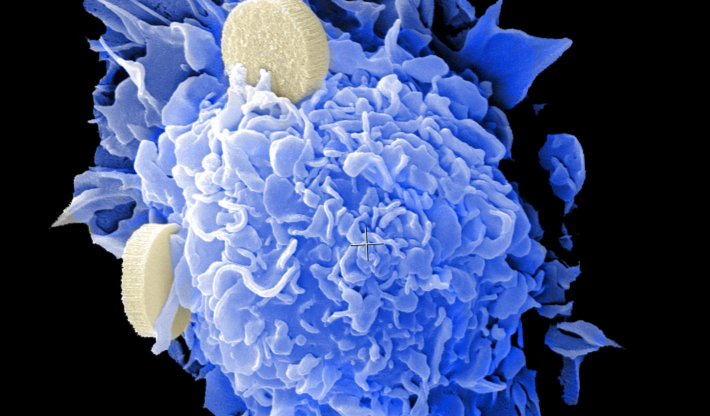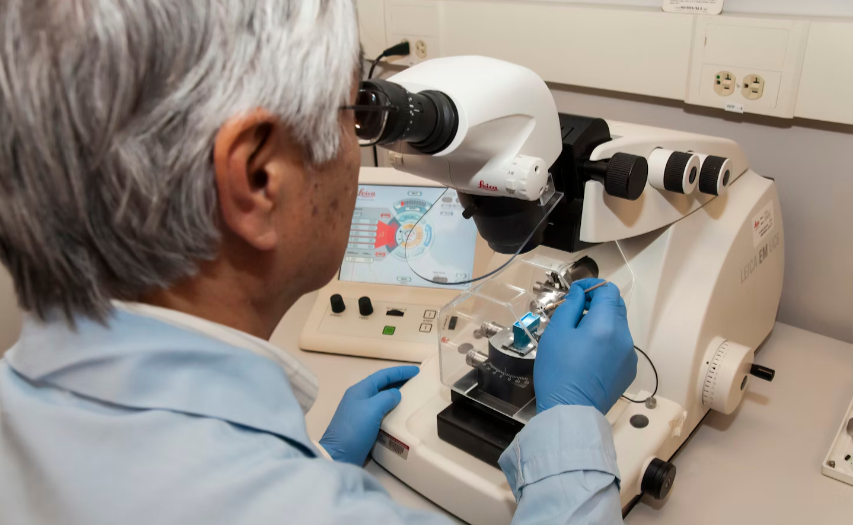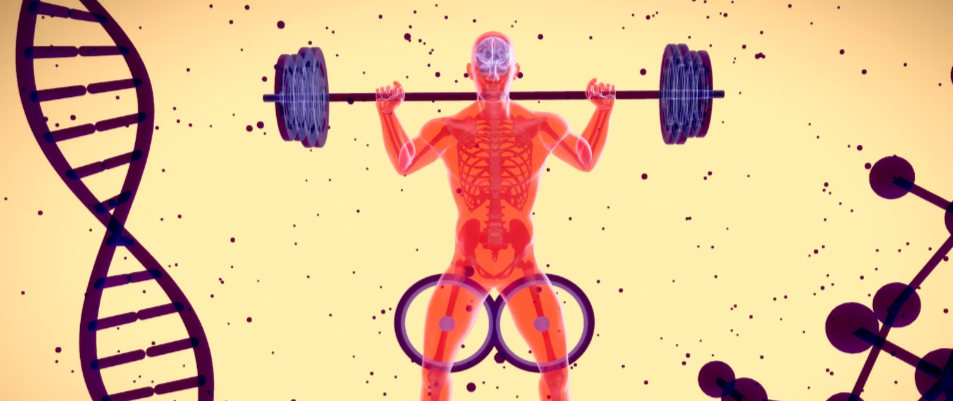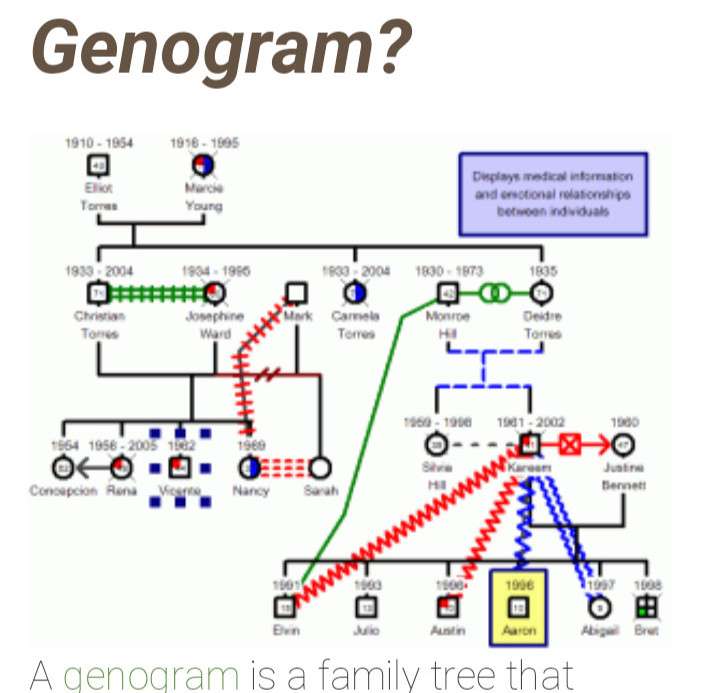Genetics And Emotional Burnout – Connecting the Dots
As an Amazon affiliate I earn from qualifying purchases at NO extra cost to you
Have you ever wondered why some people seem more resilient to stress while others experience emotional burnout more easily? The answer may lie in our DNA. Genetics and emotional burnout are closely connected, with research showing that our genetic makeup can significantly influence our vulnerability to experiencing burnout symptoms.

This fascinating connection helps explain why burnout can run in families and why some individuals may need different approaches to prevention and recovery. If youwant more information about this topic, here’s a link: https://amzn.to/3RWOBlb
Genetic and Emotional Burnout
Genetics and emotional burnout research have advanced significantly in recent years, revealing that approximately 38% of a person’s susceptibility to burnout is due to genetic factors. While our environments and life choices play important roles, our genes set the stage for responding to emotional and physical exhaustion. Understanding this connection empowers us to develop more personalized strategies for maintaining our mental health.
Let’s explore how our genetic blueprint affects our emotional well-being and what you can do about it.
What Is Emotional Burnout?
Emotional burnout isn’t just feeling tired after a long week. It’s a state of complete physical, emotional, and mental exhaustion caused by prolonged exposure to stressful situations. Unlike everyday stress, burnout doesn’t simply disappear after a good night’s sleep or a weekend off.
The three main components of burnout include:
- Emotional exhaustion: Feeling drained, unable to cope, and lacking energy
- Depersonalization: Developing negative or cynical attitudes toward others
- Reduced personal accomplishment: Feeling ineffective and unproductive
Burnout often develops gradually, making it difficult to recognize until symptoms become severe. This slow progression makes understanding your genetic predisposition even more valuable for early intervention.

The Science Behind Genetics and Mental Health
How Do Genes Affect Emotions?
Our genes influence the production of neurotransmitters—chemical messengers in the brain that regulate mood, stress responses, and emotional resilience. Variations in these genes can affect:
- Serotonin regulation: Often called the “happiness chemical,” serotonin helps maintain mood balance. Genetic variations can impact how efficiently your body produces and uses serotonin.
- Stress hormone processing: Some people have genetic variations that affect how quickly stress hormones like cortisol clear from their system.
- Brain structure development: Genes influence the development of brain regions responsible for emotional regulation, particularly the prefrontal cortex and amygdala.
These genetic factors don’t determine your destiny. Still, they create a baseline susceptibility that environmental factors can worsen or improve.
The Shared Genetic Risk Between Burnout and Depression
Research has revealed fascinating connections between burnout, depression, and anxiety. An extensive Swedish twin study including over 25,000 participants found substantial genetic overlap between these conditions. The study revealed heritability rates of 45% for major depressive disorder, 49% for generalized anxiety disorder, and 38% for burnout.
This genetic connection explains why someone with a family history of depression might be more vulnerable to experiencing burnout when facing chronic stress. It’s not just about external pressures—it’s also about how our bodies and minds are programmed to respond to those pressures.
Are You Genetically Vulnerable to Burnout?
While no single “burnout gene” exists, several genetic factors may increase your vulnerability:
Genetic Markers That May Increase Burnout Risk
- Serotonin transporter gene variations can affect how well your body regulates serotonin levels during stress.
- Genetic factors affecting dopamine: Variations in dopamine-related genes can influence how rewarding or motivating you find specific activities.
- Genetic influences on cortisol processing: Some people genetically process stress hormones more slowly, meaning they stay in a stress response longer.
Understanding your genetic predisposition doesn’t mean accepting burnout as inevitable. Instead, it helps you recognize when to be more proactive about self-care and stress management.
Environmental Triggers That Interact with Genetic Factors
Our genes don’t operate in isolation—they interact constantly with our environment. This interaction, called epigenetics, helps explain why two people with similar genetic profiles might experience burnout differently.

Common environmental triggers that can activate genetic vulnerabilities include:
- Chronic workplace stress
- Traumatic experiences
- Poor sleep habits
- Lack of social support
- Persistent financial pressures
These factors can change how your genes express themselves, potentially increasing vulnerability to burnout even if you weren’t initially at high genetic risk.
Prevention Strategies Based on Genetic Understanding
Knowing about your genetic predisposition to burnout can help you develop targeted prevention strategies:
For Those with Higher Genetic Risk
If burnout or depression runs in your family, consider these approaches:
- Regular mental health check-ins: Schedule time to assess your stress levels and emotional state, just as you would monitor physical health conditions.
- Proactive stress management: Don’t wait until you’re overwhelmed—build stress-reduction practices into your daily routine.
- Environment modification: Create a lifestyle that accommodates your genetic sensitivities, such as ensuring adequate downtime if you process stress more slowly.
- Social connection: Maintain strong support networks, as social connection buffers genetic vulnerabilities to stress.
These strategies help you work with your genetic blueprint rather than against it.
How Genetic Testing Might Help with Burnout Prevention
While we’re not yet at the point of having specific genetic tests for burnout risk, some broader genetic testing can provide insights:
- Neurotransmitter-related genetic variations: Tests that look at serotonin, dopamine, and other mood-related genetic markers can help identify potential vulnerabilities.
- Stress response testing: Some tests examine genes related to your body’s stress response system (HPA axis).
These tests won’t tell you definitively if you’ll experience burnout. Still, they can help you understand your baseline vulnerability and which prevention strategies work best for your unique genetic profile.
Recovery Approaches for Different Genetic Profiles
Recovery from burnout isn’t one-size-fits-all. Your genetic makeup may influence which approaches work best for you:
For Those with Serotonin-Related Genetic Variations
- Regular physical activity may be especially beneficial
- Nutrition focused on serotonin-supporting foods
- Light therapy during darker months
- Mindfulness practices
For Those with Dopamine-Related Genetic Variations
- Breaking tasks into small, achievable goals
- Regular novelty and variety in activities
- Reward-based motivation systems
- Structured social interaction
Understanding your genetic tendencies can help you and healthcare providers develop more personalized recovery plans rather than applying generic approaches that might not work for everyone.

The Future of Genetic Research and Burnout Treatment
The field of genetic research related to burnout is still evolving, with exciting possibilities on the horizon:
- Personalized prevention programs based on genetic profiles
- Targeted interventions designed for specific genetic vulnerabilities
- Earlier identification of those at higher risk before symptoms become severe
- New treatment approaches that work with rather than against genetic tendencies
As our understanding grows, we’ll likely see more personalized approaches to burnout prevention and treatment, making recovery more efficient and lasting.
Conclusion: Empowerment Through Understanding
Understanding the connection between genetics and emotional burnout doesn’t mean resigning yourself to suffering. Instead, it offers a powerful tool for self-knowledge and proactive care. Recognizing your genetic tendencies allows you to work with your unique blueprint rather than fighting against it.
Remember that genes are just one part of the burnout equation. Environmental factors, personal choices, and coping strategies are crucial in determining whether genetic vulnerabilities translate into actual burnout experiences.
By combining genetic insights with personalized prevention strategies, you can build resilience that works with your natural tendencies rather than against them. This knowledge doesn’t just help prevent burnout—it empowers you to thrive by honoring your unique genetic makeup.
What step will you take today to understand better and work with your genetic predisposition to stress and burnout?
This article is for educational purposes only and does not constitute medical advice. If you’re experiencing symptoms of burnout or depression, please consult with a healthcare professional.






Hi,
I just visited mybluegenes.com and wondered if you’d ever thought about having an engaging video to explain what you do?
Our prices start from just $195.
We have produced over 500 videos to date and work with both non-animated and animated formats:
Non-animated example:
https://www.youtube.com/watch?v=bA2DyChM4Oc
Animated example:
https://www.youtube.com/watch?v=JG33_MgGjfc
Let me know if you’re interested in learning more and/or have any questions.
Regards,
Joanna
Unsubscribe: https://removeme.live/unsubscribe.php?d=mybluegenes.com
Hi there,
We run a Youtube growth service, where we can increase your subscriber count safely and practically.
– Guaranteed: We guarantee to gain you 700-1500 new subscribers each month.
– Real, human subscribers who subscribe because they are interested in your channel/videos.
– Safe: All actions are done, without using any automated tasks / bots.
Our price is just $60 (USD) per month and we can start immediately.
If you are interested then we can discuss further.
Kind Regards,
Katelyn
Hi there Katelyn,
My channel was removed for polital content during the 2024 election campaign.
But I may start a Rumble account soon.
Rachele
Hi Joanna,
My YouTube channel was removed due to political content. I am appealing Google’s decision.
If I get mt channel back we can talk.
Thanks for the offer.
Excellent weblog here! Also your website rather a lot up very fast! What host are you the use of? Can I am getting your associate link on your host? I desire my web site loaded up as fast as yours lol
Hi there, Leonarda.
Mysite is hosted at Hostinger.com. It is working fine, thus far.
https://hostinger.com?REFERRALCODE=1RACHELE51
Have a wonderful weekend.
Rachele